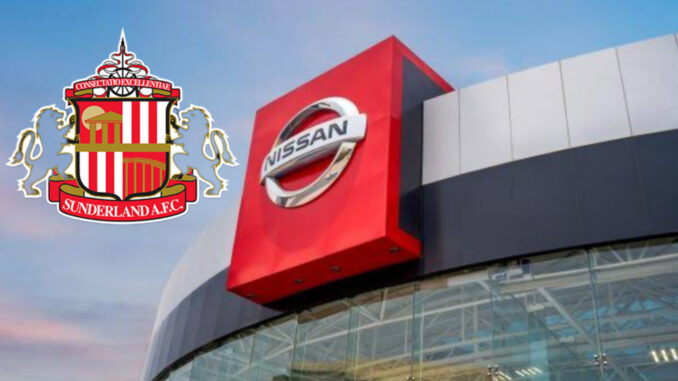
The car giants were offered the club, but football was not on their agenda. Bob Murray’s autobiography portrays his own vision of his time in control at Sunderland, with the rewritten history claiming he stepped down as chairman in November 1993 to focus on securing a new stadium. At the time, no one received that impression. Murray appeared to have reached the end of his tenure as chairman, exhausted by courtroom conflicts with Barry Batey that occupied much of the late 1980s and early 1990s, and increasingly irritated with the lack of progress being made as he attempted to build a new stadium in Washington.
Murray had done a good job as chairman, but he was frequently chastised for failing to invest in the playing staff and support Denis Smith sufficiently. After deciding to hire Malcolm Crosby as manager full-time days before the Cup Final, he fired him after only six months. At the same time, he effectively dismissed himself by stepping down as chairman and appointing John Featherstone as leader.
The opposition to the proposed £70 million stadium and sports complex near Nissan was considerable and growing, straining connections with the automaker, with whom the club had attempted to establish ties since their arrival nearly a decade ago. And, on this day more than three decades ago, Murray used what he could have considered his trump card. Or he could have been tossing his hand in. In any case, he offered to sell his 60% ownership in Sunderland to Nissan for only £2 million, with a guarantee to cover the £4 million funding shortfall for the new stadium, to pave the way for the ‘Wembley of the North’.
At the time, paying £6 million for the club’s controlling stock seemed like a decent deal. This seemed to demonstrate Murray’s unwavering determination to complete the task. Perhaps he was calling Nissan’s bluff. He stated, “If it means the difference between getting the center or not, I am willing to sell my shares to Nissan.” Sunderland depends on this center’s success. If it doesn’t, I’m afraid Sunderland will become just another suburb of Newcastle.
The Department of Transport, which analyzed the impact of traffic on the A19, was the latest stumbling block in the project, with Nissan alleging that an increase in matchday traffic would pose significant problems. Days before, Nissan had rejected a proposal to share the land and participate in the development, and in response to Murray’s offer to acquire the club, the car maker’s Director of Corporate Affairs, Daniel Ward, said:
Whether Bob Murray’s offer was serious or not is irrelevant. We are vehicle manufacturers; we are not about to enter the leisure industry, and given the current status of the European car market, we have no chance of purchasing a football team. You will be aware of the plant’s cuts. Our management must commit its time and financial resources to our company because 1994 will be a difficult year.
Nissan did own a tiny portion of the club, which Ward claimed was being exploited against them. We purchased the least amount of shares possible as a gesture, as we had recently taken up sponsorship of the disabled area at Roker Park. We were asked to express our support for the club, but the shareholding has subsequently been exploited against us. The Nissan project appeared to be an uphill battle from the start, and transferring the team to Washington could have been disastrous.
It all worked out in the end, but you have to wonder what the last 30 years would have been like if we had played on the A19 and been owned by Nissan. Stick or twist?
Leave a Reply